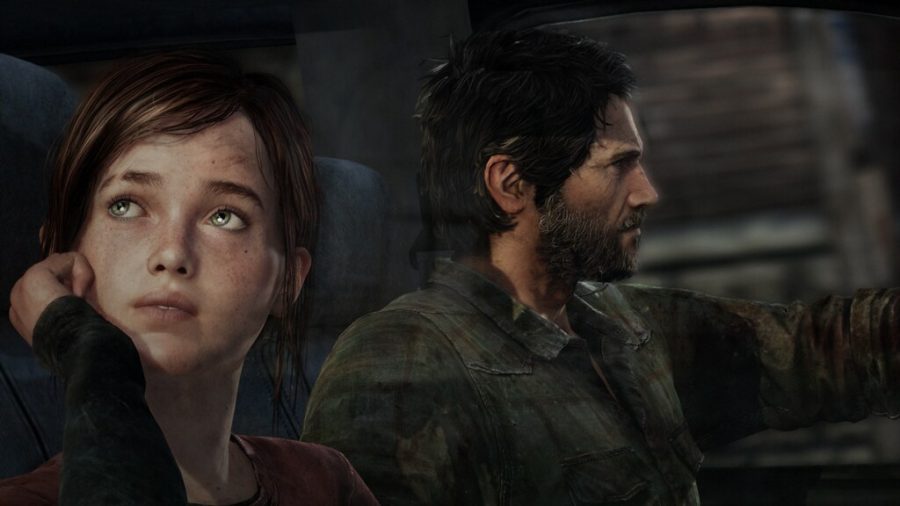Walls are perhaps humanity’s most simple form of protection. They separate us from the weather, animals and even other people. Some walls are built to divide a property; others can divide entire communities. According to The Guardian, the world has seen over 6,000 miles of walls constructed in the last decade. More than any time in history.
Walls can also be imaginary. But with the same power to divide.
If you drive west down Market Street in Louisville something abruptly changes once you pass Ninth Street. Art museums are replaced by graffiti. Sidewalks packed with pedestrians just two blocks away are now empty. Buildings are in ill repair.
This is Louisville’s West End. Neglected by city government and private investors for years, it can feel like a separate universe as you leave the well-kept downtown area.
Not all of the West End is in bad shape. Nor has it always had the crime and unemployment rates that plague the area today.
At the beginning of the 20th century many neighborhoods in the West End were integrated hubs of business supported by factory workers. These jobs were high-skilled and well paid, bringing wealth to the community.
But soon the factory jobs were moved overseas and the concentration of the city’s wealth moved east. This left the area with no economic engine to support the community.
The Russell neighborhood, located around 18th and Broadway, was the home to the Phillip Morris tobacco plant that employed some 4,200 workers. It closed in 2000 and was sold to the city for $100 who then in turn sold it a few years later to a private developer for $1.
Fourteen years later this developer and the city finally have a plan for this property that will revitalize the Russell neighborhood. To tear down the wall that has separated this community from the rest of the city.
Ironically, Walmart.
Yes, the retail giant know for destroying Main streets across the nation is going to breathe new life into Broadway.
Excuse me if I am skeptical.
According to the Kentucky Labor Institute, the unemployment rate in the city of Louisville is 7.6 percent. The rate jumps to 16.4 percent in the West End. The average Walmart employs 281 people. So that is good news, right?
Not so much. According to the US House Committee on Education and the Workforce, Walmart’s average wage is $8.81 per hour.
That means that the average full-time Walmart employee qualifies for SNAP (“food stamps”) and is below the poverty line for a family of four. The employees who receive SNAP and WIC then use those funds to shop at Walmart.
Some say that 281 low-paying job is still better for the community than 281 unemployed residents. That could be true if the story ended there.
Economists at the University of Illinois at Chicago and Loyola University Chicago recently studied the economic impact of Chicago’s West Side Walmart and found “a net loss of 300 full-time jobs.” That means for every job Walmart produced in Chicago, it killed 2 by putting competitors out of business.
The kicker to all this is that the city is investing $1.8 million to bring the retail giant to the West End. This includes a $500,000 grant to be, “paid $100,000 a year for five years, if Walmart meets a threshold of at least 225 new jobs,” according to the city’s press release.
It is a good thing that the city is investing in the West End but not with a company that doesn’t need it. We need to invest more with local entrepreneurs and corporations with high-skilled, well-paying jobs if we hope to revitalize the area. We need to find a way to get banks to lend more money to small businesses while using larger amounts of city funds to improve infrastructure, such as parks.
On March 27, the city of Louisville brought together dozens of young people from the West End to discuss violence in their community. Officials were clearly concerned about the outbreak of mob violence that was perpetrated by young adults in downtown last week.
The youth had many ideas on how to curb violence, but only one drew a reaction from adults in attendance.
According to the Courier Journal, “One young man said the city needs to shift money from downtown beautification projects to cleaning up the West End – prompting cheers from some of the dozens of adult spectators.”
The government needs to spend money to tear down the walls that separate Louisville, not build a new Walmart.


